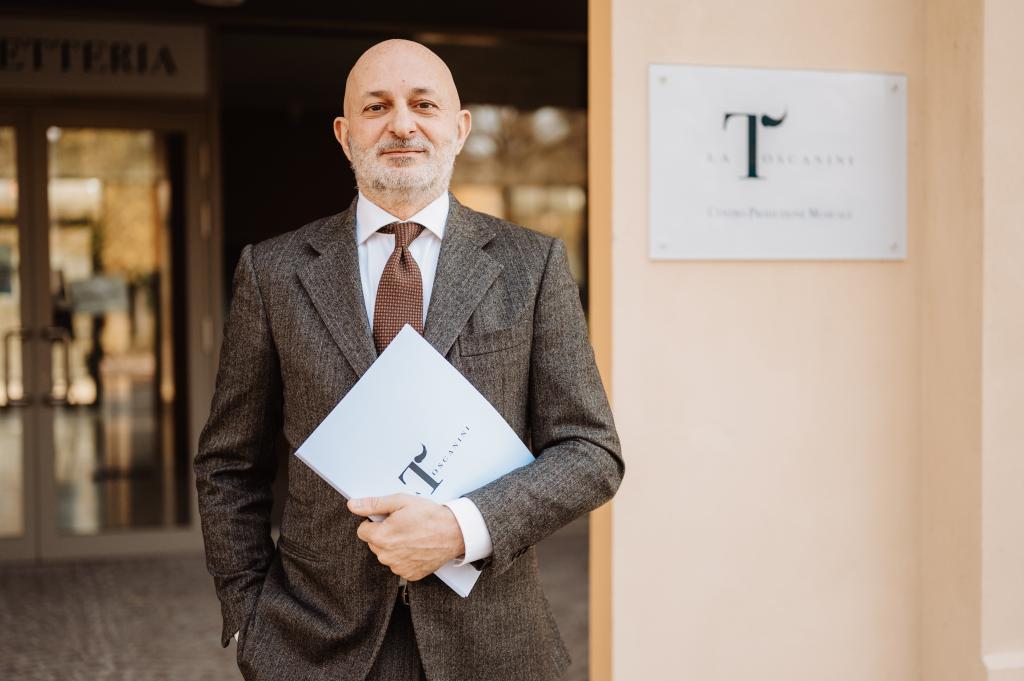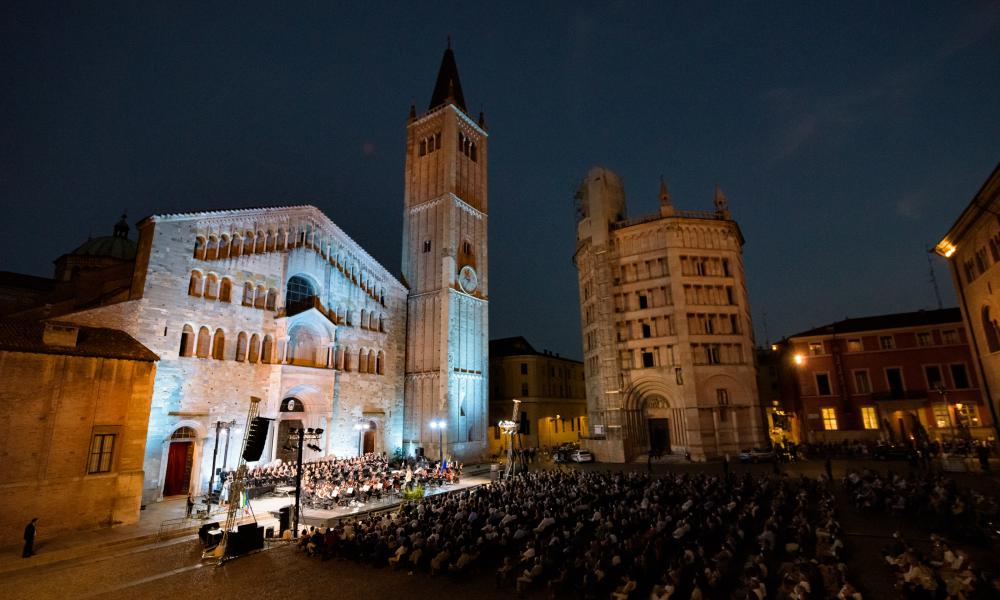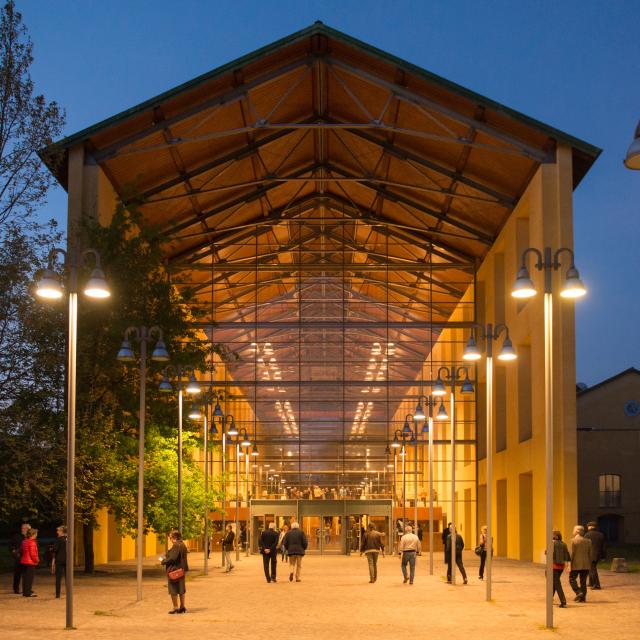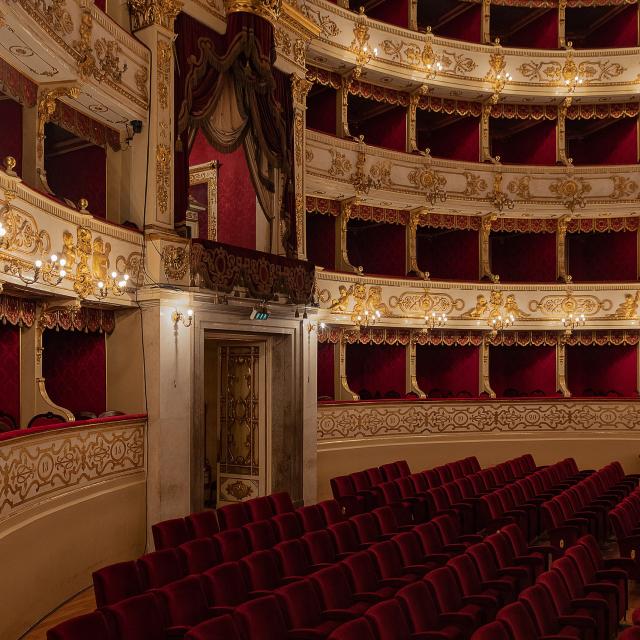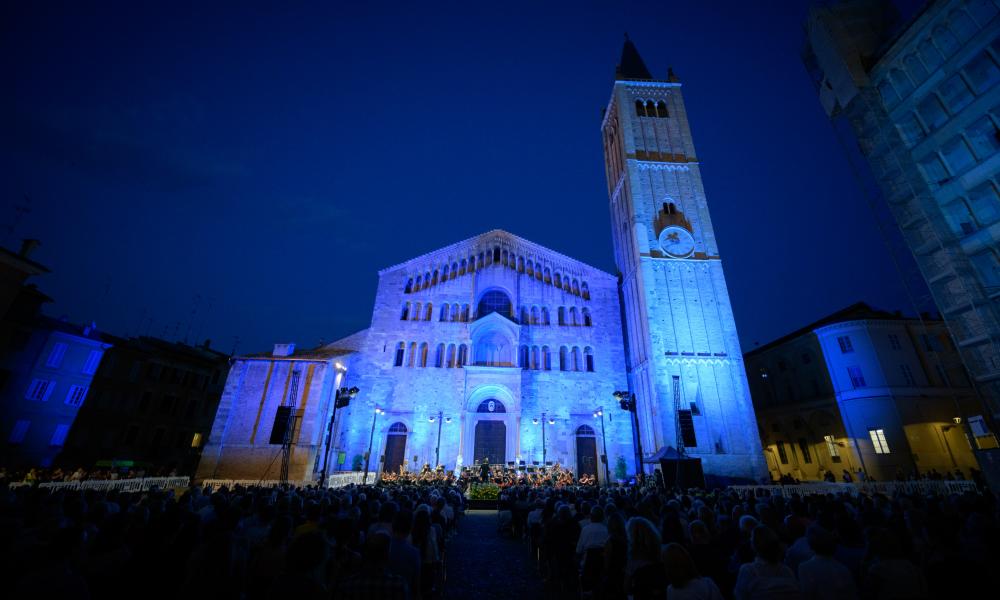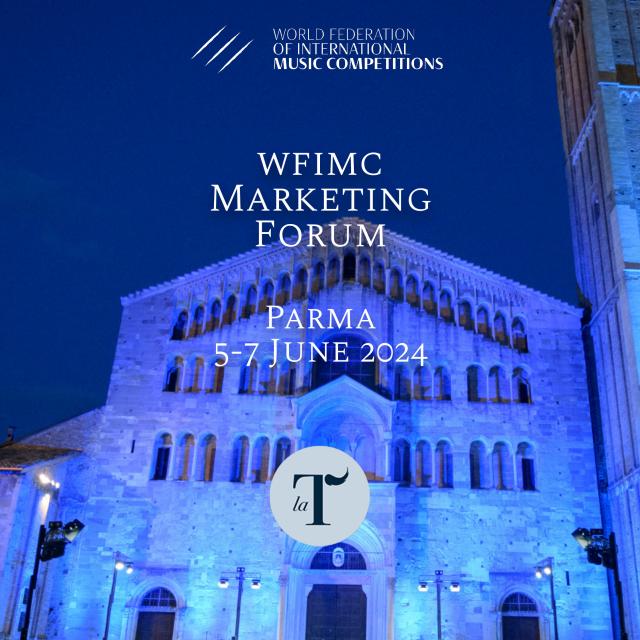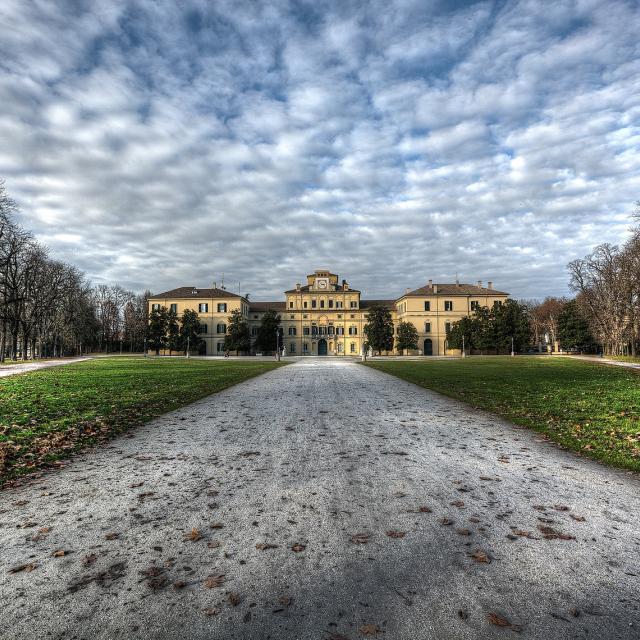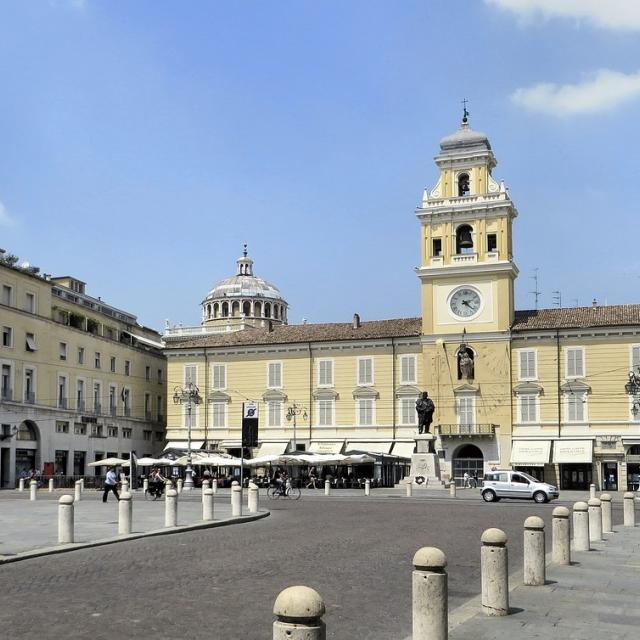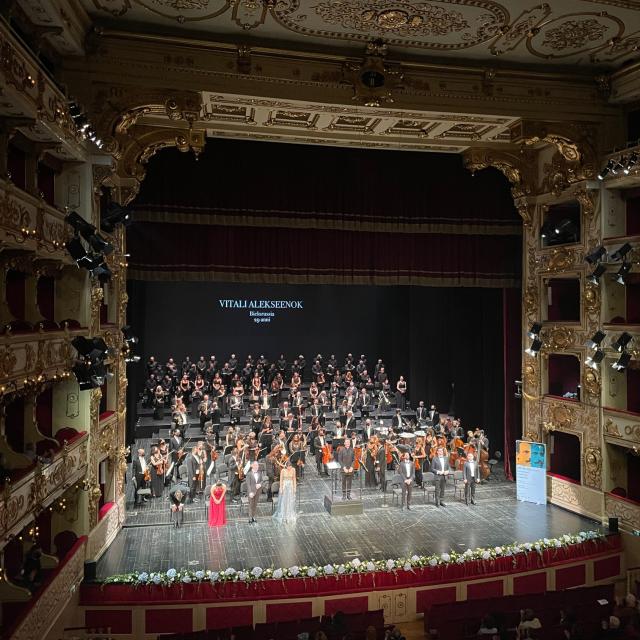The orchestra would have been quite different back then.
At the time, the organisation had different orchestras, among them the so-called “Maazel Philharmonic Orchestra”, which was conducted by Lorin Maazel and many other big-name conductors. But our foundation could not support all these famous artists and quickly came to the brink of bankruptcy. Emilia Romagna region had to bail out the orchestra.
You are no stranger to big names and big projects.
My biggest project was a Mahler Festival in Milano, to celebrate the 30th anniversary of the Orchestra Verdi, of which I was the Director. We invited all major orchestras in Italy: La Scala, Santa Cecilia, RAI Torino, La Toscanini, Maggio Musicale and Orchestra Haydn from Bolzano.
But as Director of La Toscanini, you will also be responsible for the Toscanini Competition. Will this be the first time you have organised a competition?
With my orchestra in Milan, we regularly performed for competitions like Rina Sala Gallo and Ettore Pozzoli. But it will be my first time at the Toscanini Conducting Competition.
When the Toscanini Competition was last held in 2021, it was focused solely on opera, with the finalists each conducting an entire act of an opera at Teatro Regio in Parma. Will you do the same?
As we are concentrating more on symphonic repertoire in general, the competition will also follow that direction. Toscanini was a fantastic opera conductor, but he was also extremely talented as a conductor of symphonic repertoire.
From your point of view, what role do you think that competitions should have, given it is getting increasingly difficult for young conductors to start a career?
Let’s put it this way: I think nowadays young conductors have more opportunities than ever before. Audiences want to see young and talented conductors and the great energy they bring to the stage. But at the same time, we have to help them grow.
I think you learn to be a conductor when you are 75 or 80 years old. It’s a job you learn only by doing it for many, many years, because it not only requires you to be a fantastic musician but also to understand the will of the composer. The most important aspect of conducting is how you handle people – how you are able to manage the people in front of you. As a conductor, your instrument is the orchestra and you have to know how to play it!
They say that Victor de Sabata could play every instrument. Maybe it’s true, but that was probably the big exception. Nowadays, conductors are specialists in one instrument, the other ones only theoretically, but your real mission is to convince the orchestra of one musical idea and bring them together in one interpretation. The older you become, the better you are able to communicate and share your ideas and your opinion with other musicians.
In Toscanini ́s lifetime, things were different. Even though he came from a poor family, Toscanini was a very cultured man. He could speak several languages, he knew how to play an instrument and he knew how to compose. Not so his musicians. Orchestra players in the 18th and 19th centuries usually knew how to play their instrument, but they were much less educated in arts and literature than today. And so, conductors could be like god in front of the orchestra, holding all the power they wanted.
Today, the interaction between the conductor and the musicians cannot be the same as Toscanini was used to. It’s much more complex. Some young conductors have a natural skill of course, sometimes you find extremely talented young musicians, but you have to help them grow. Monetary prizes are good, but conducting opportunities with orchestras and connections to important institutions are much more important.
